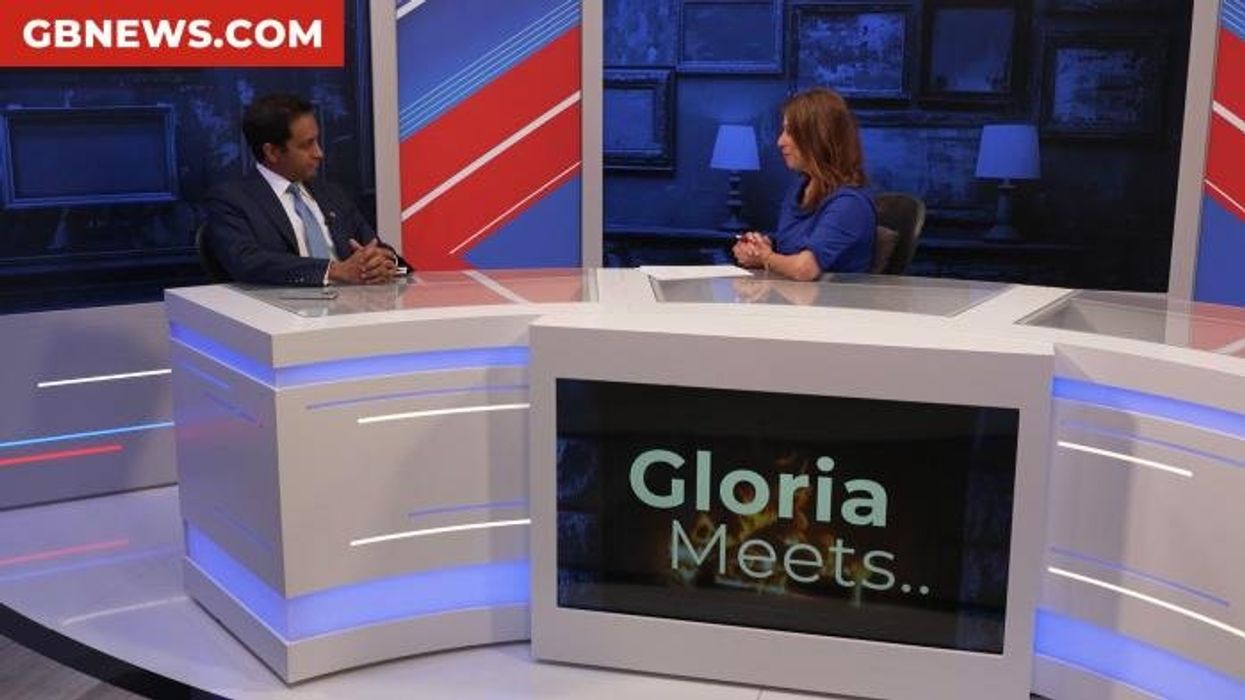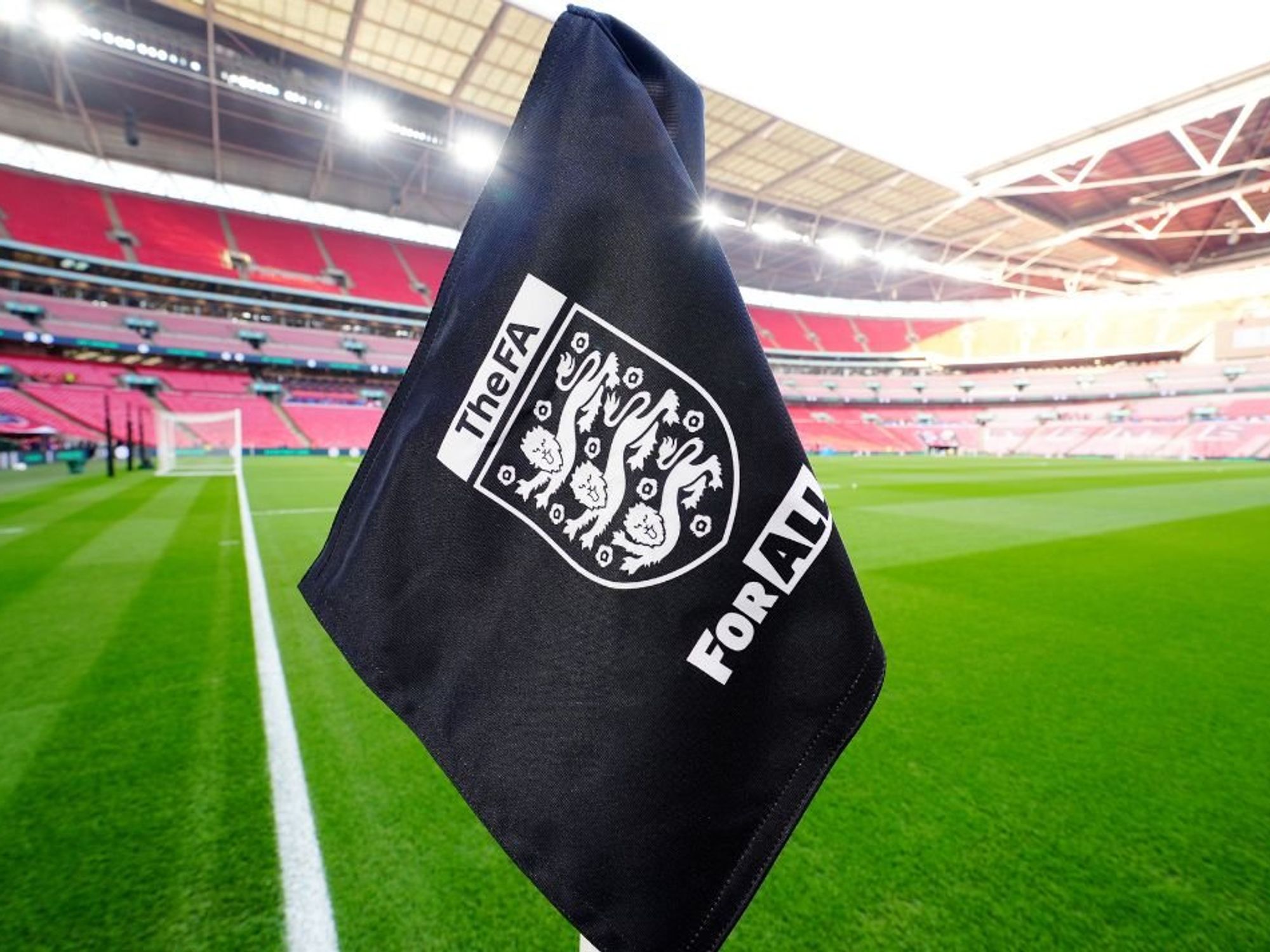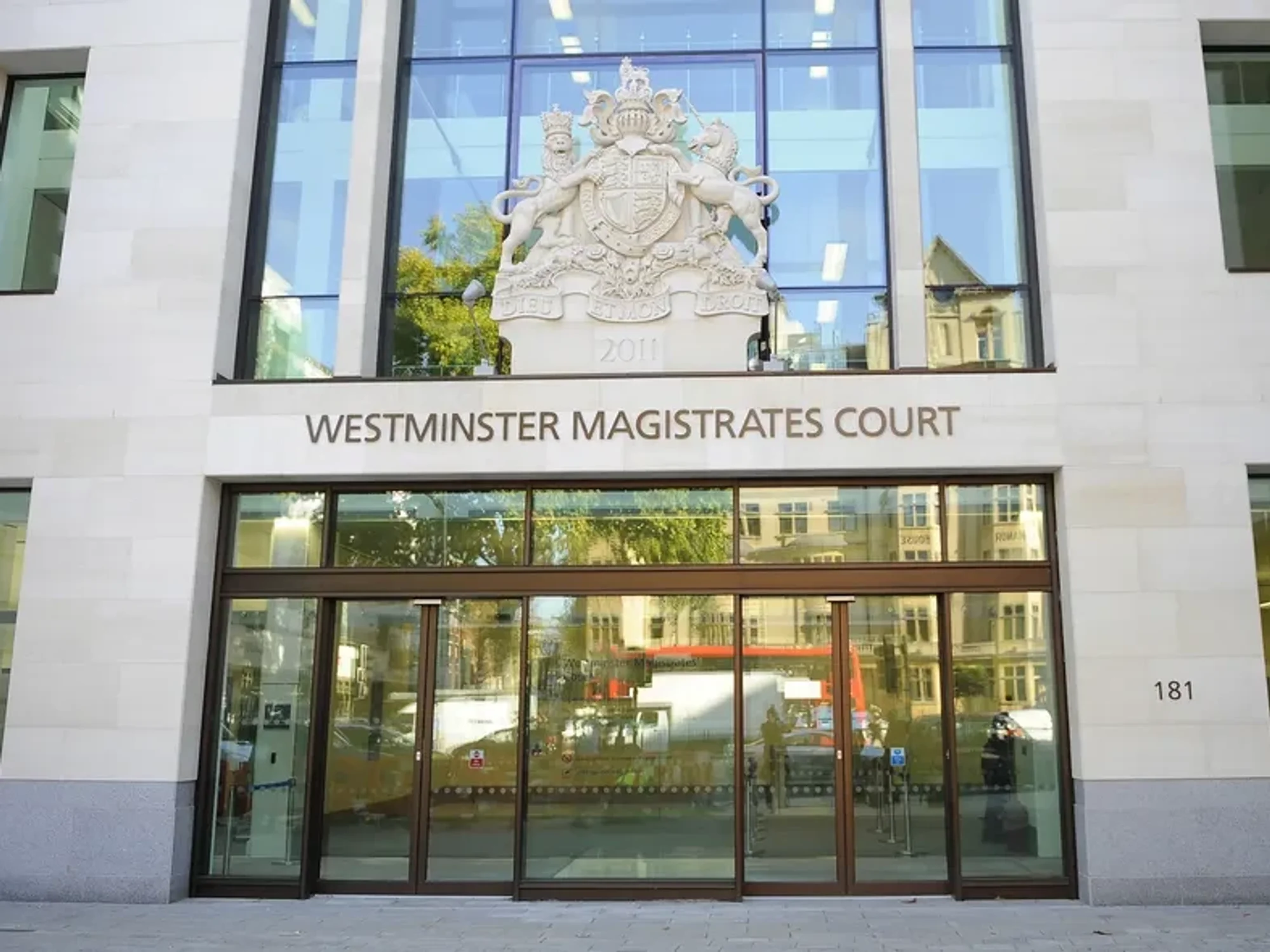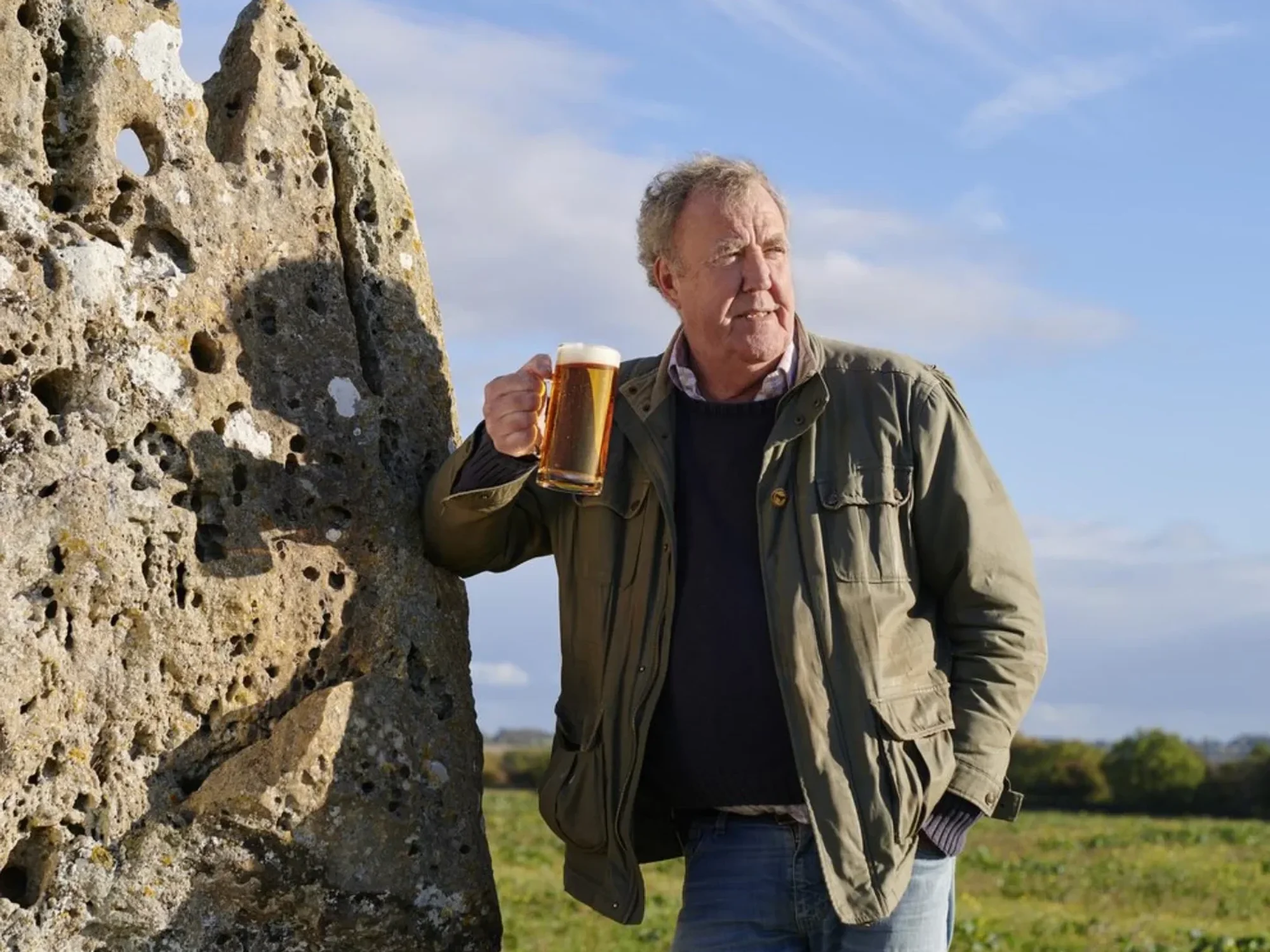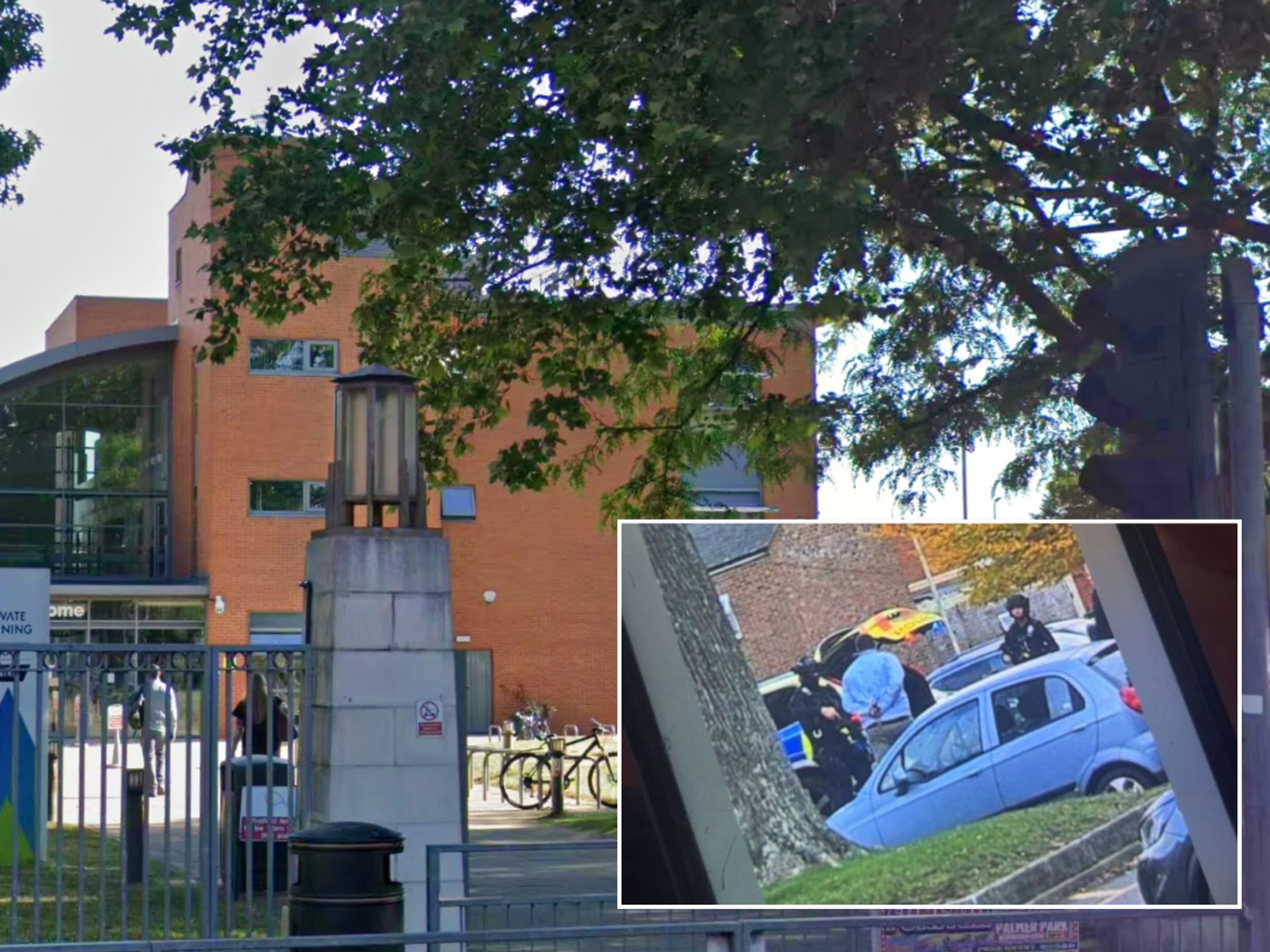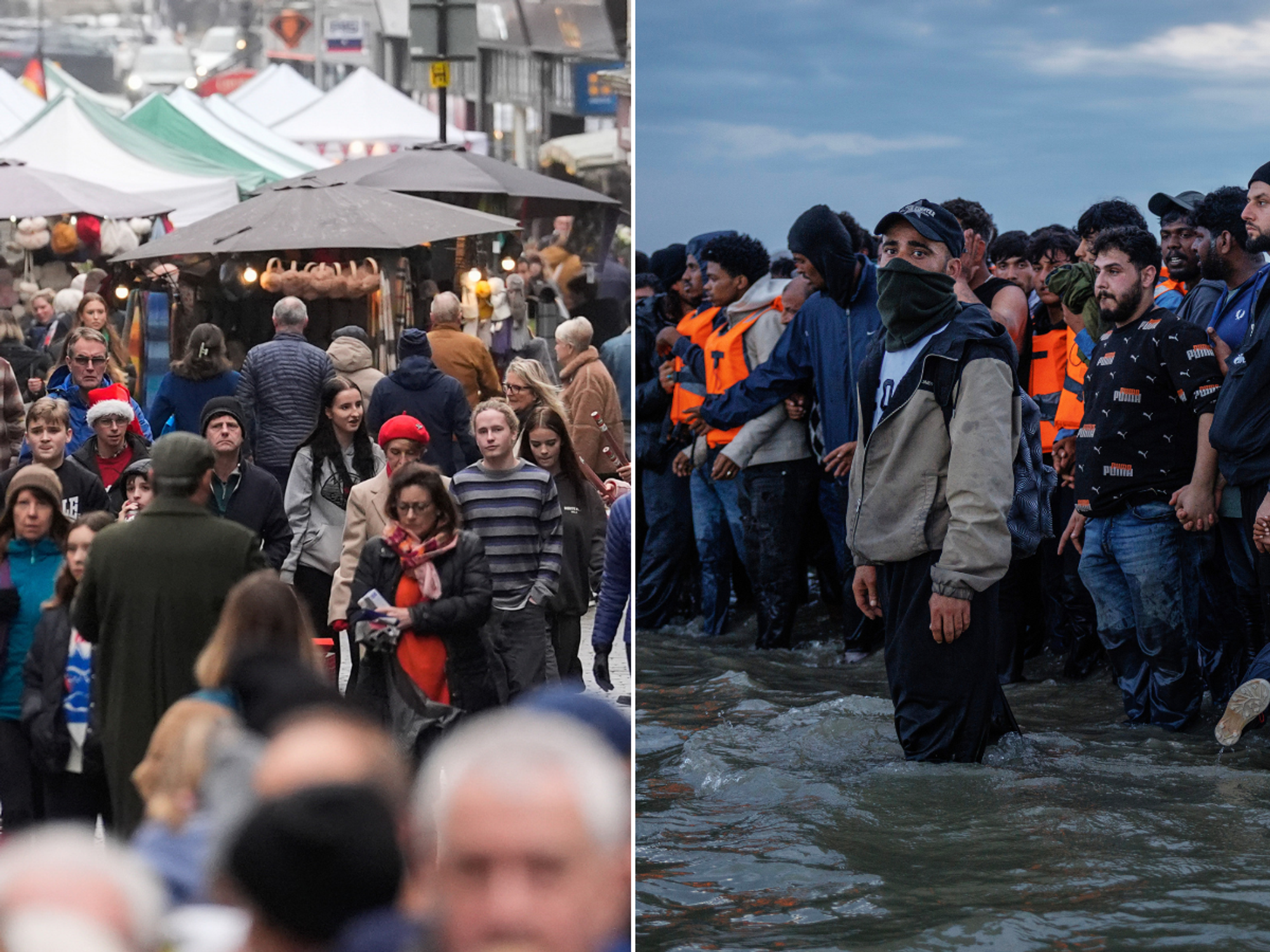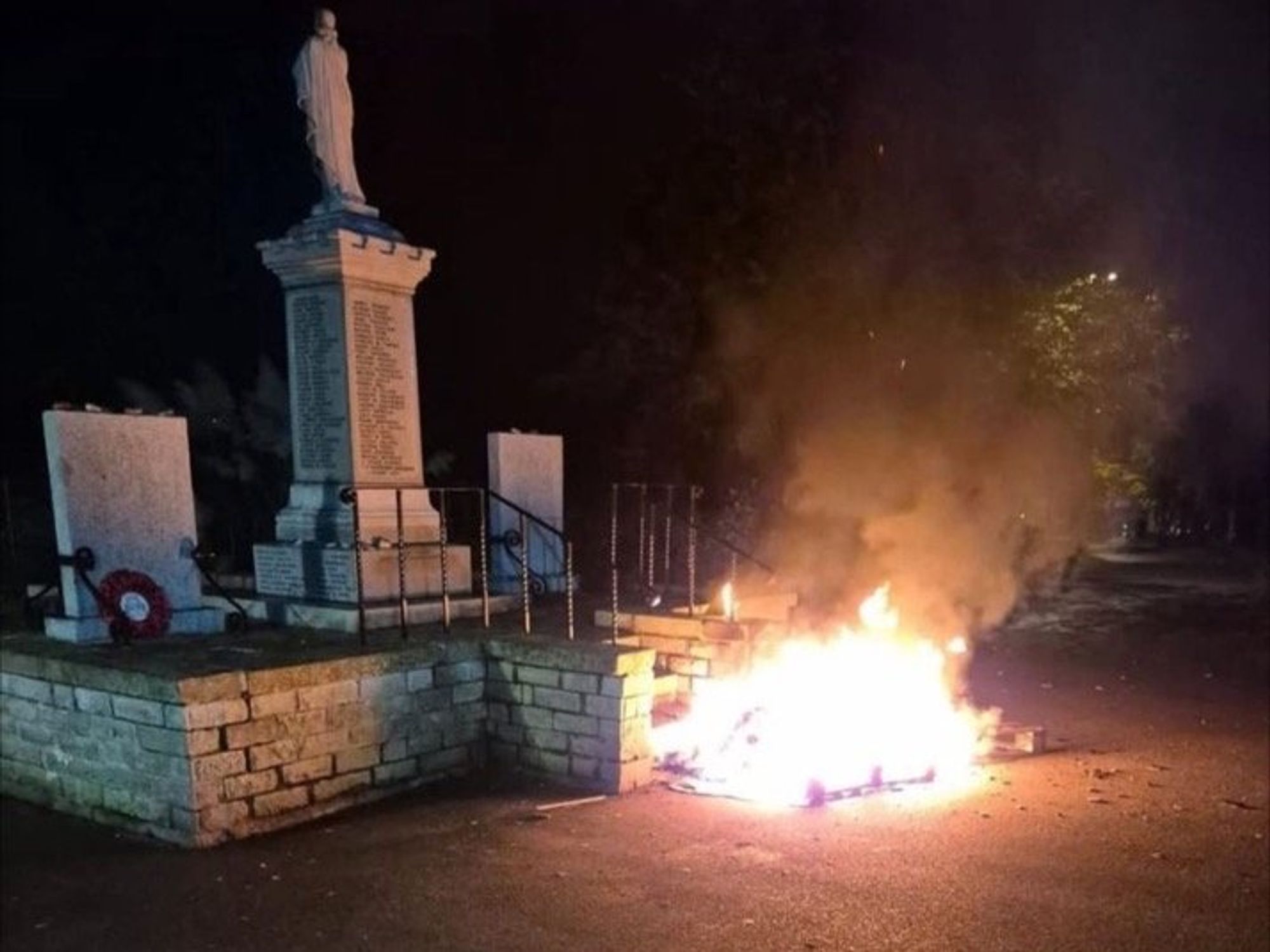From balaclava-clad youths to the anti-British burka, let's ban face coverings and take our country back - Stuart Fawcett
Labour Councillor Stuart Fawcett sets out why the UK should follow Portugal's lead in banning face coverings in public
Don't Miss
Most Read
Trending on GB News
I walked past Parliament earlier this week and saw several balaclava-clad youths on bikes loitering near the underground entrances.
Their faces were entirely hidden - no masks for health reasons, just a deliberate shield from recognition. What struck me most wasn’t their brazenness, but how ordinary the sight has become.
Across our towns and cities, it’s now common to see people wearing balaclavas, hoods, and full-face coverings in public - in and around shops, on public transport, and now even inside Parliament Square - without question or challenge.
During the pandemic, face coverings were a temporary necessity. Today, they’ve become a convenient cloak for anonymity, exploitation, and intimidation.
We are sliding into a culture where concealment is casual and consequence is rare. The recent wave of protests, including the so-called pro-Palestine marches, has shown how easily a face covering can turn a lawful protest into a shield for unlawful behaviour -where freedom from the consequences of hate speech has become rife.
The keffiyeh, once a simple cultural garment, has increasingly been used alongside balaclavas and masks as part of a visual armour - a way to obscure identity and project defiance.
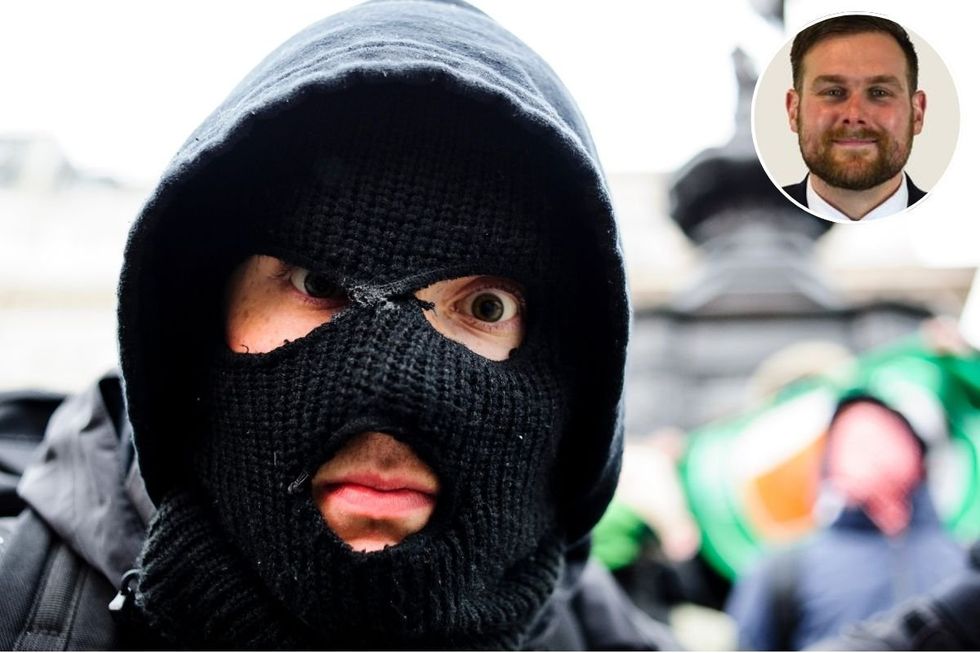
Labour Councillor Stuart Fawcett sets out why the UK should follow Portugal's lead in banning face coverings in public
|GETTY
Its modern use at these protests bears uncomfortable resemblance to the images we see of militant groups in conflict zones, where covered faces are designed to instil fear and evade accountability.
Yet, we already have the means to restore that accountability. At this year’s Notting Hill Carnival, facial-recognition technology led directly to dozens of arrests and the recovery of weapons.
Hundreds more arrests followed through linked operations. It worked. Focused surveillance doesn’t just identify criminals; it deters crime before it happens.
We should now extend that approach. Facial-recognition technology can - and should - be deployed at high-risk public gatherings, transport hubs, and in crime hotspots suffering endemic criminal behaviour – including the incitement of hatred.
No one should fear walking into their local town or city centre because lawlessness has taken root. People have pride in their place - and they deserve that pride returned to them through safety, order, and visible policing.
LATEST DEVELOPMENTS
Portugal’s parliament has just voted to ban face coverings in public spaces - including religious veils and balaclavas - recognising that anonymity in public life erodes social trust and emboldens criminality. It’s a measure rooted not in prejudice, but in principle: that a civilised society depends on visible accountability.
Here in Britain, our tolerance is being tested by those who abuse it. Many people feel unsettled by the rapid cultural changes in their communities, and it is not racist to feel that way.
Wanting to preserve values like openness, trust, and the simple ability to recognise someone by their face is not intolerance — it’s a British value.
No one should fear being recorded if they are doing nothing wrong. But those who hide their faces to intimidate, to commit crime, or to incite disorder should no longer enjoy the protection of anonymity.
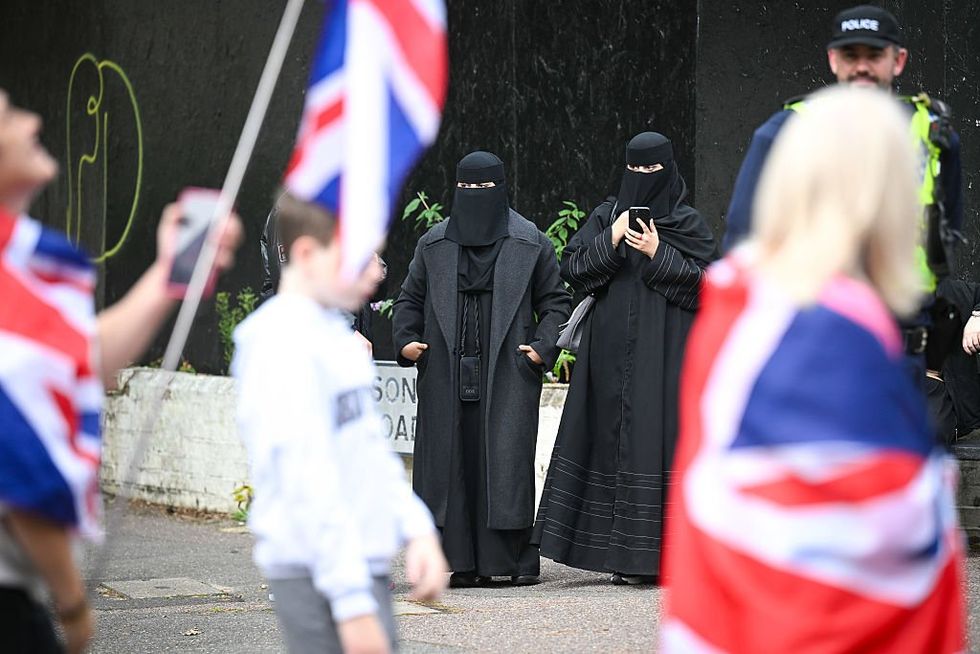
There are growing calls to ban the burka in public
| GETTYFreedom in a democracy is not the right to hide from consequence. It is the right to live safely, visibly, and without fear.
That freedom is being undermined by the growing normalisation of face coverings in public spaces -and by our reluctance to confront it.
We have the technology, the legal precedent, and the moral imperative to act. Facial recognition can help us take back control of our streets, protect our communities, and restore public confidence in law and order.
It’s time we stopped pretending that concealment is harmless. I want my country back - a country where we can see one another’s faces, share pride in our places, and live openly without fear.


